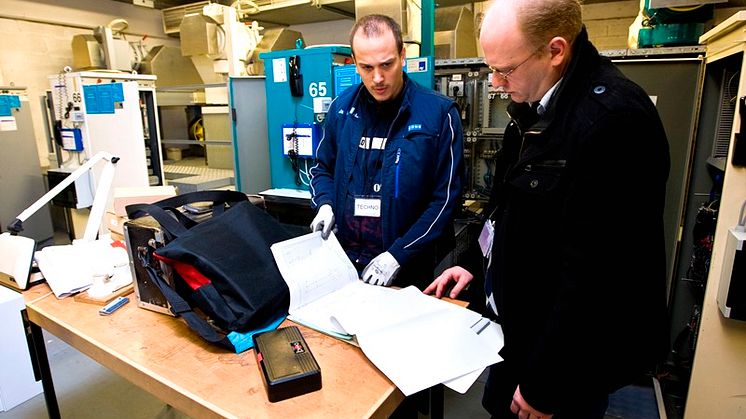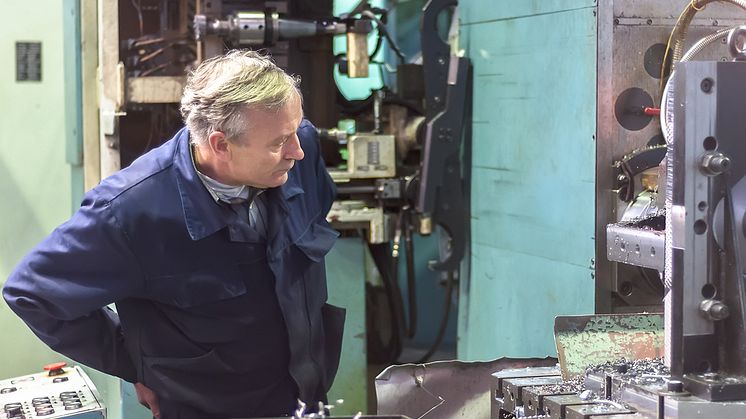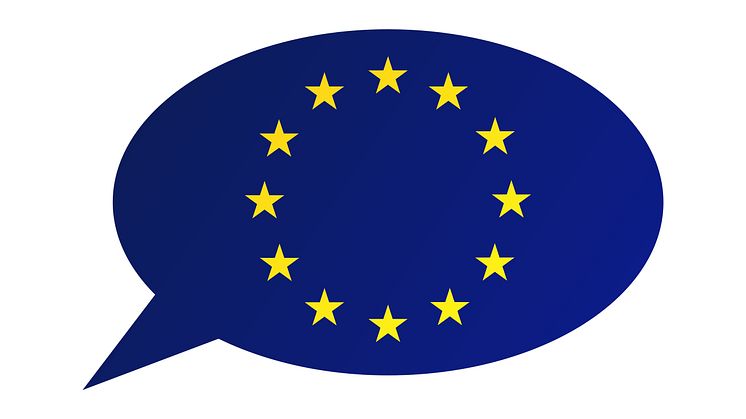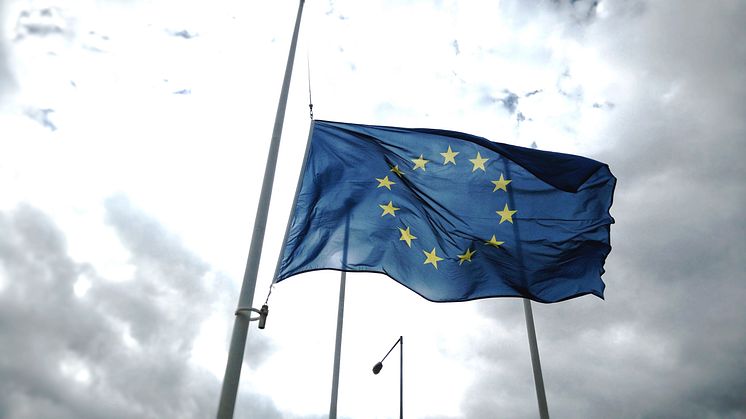Europe’s most perfect economy? What the European Working Conditions Survey tells us about Germany
Dr Erika Mezger, Eurofound's Deputy Director, outlines that European Working Conditions Survey EWCS says about working conditions among German workers and how they compare to those of the rest of Europe.



















